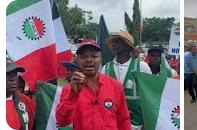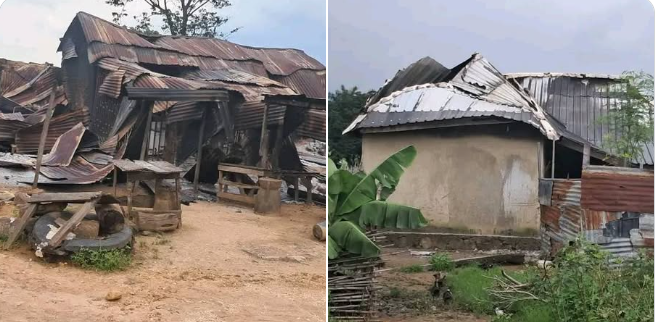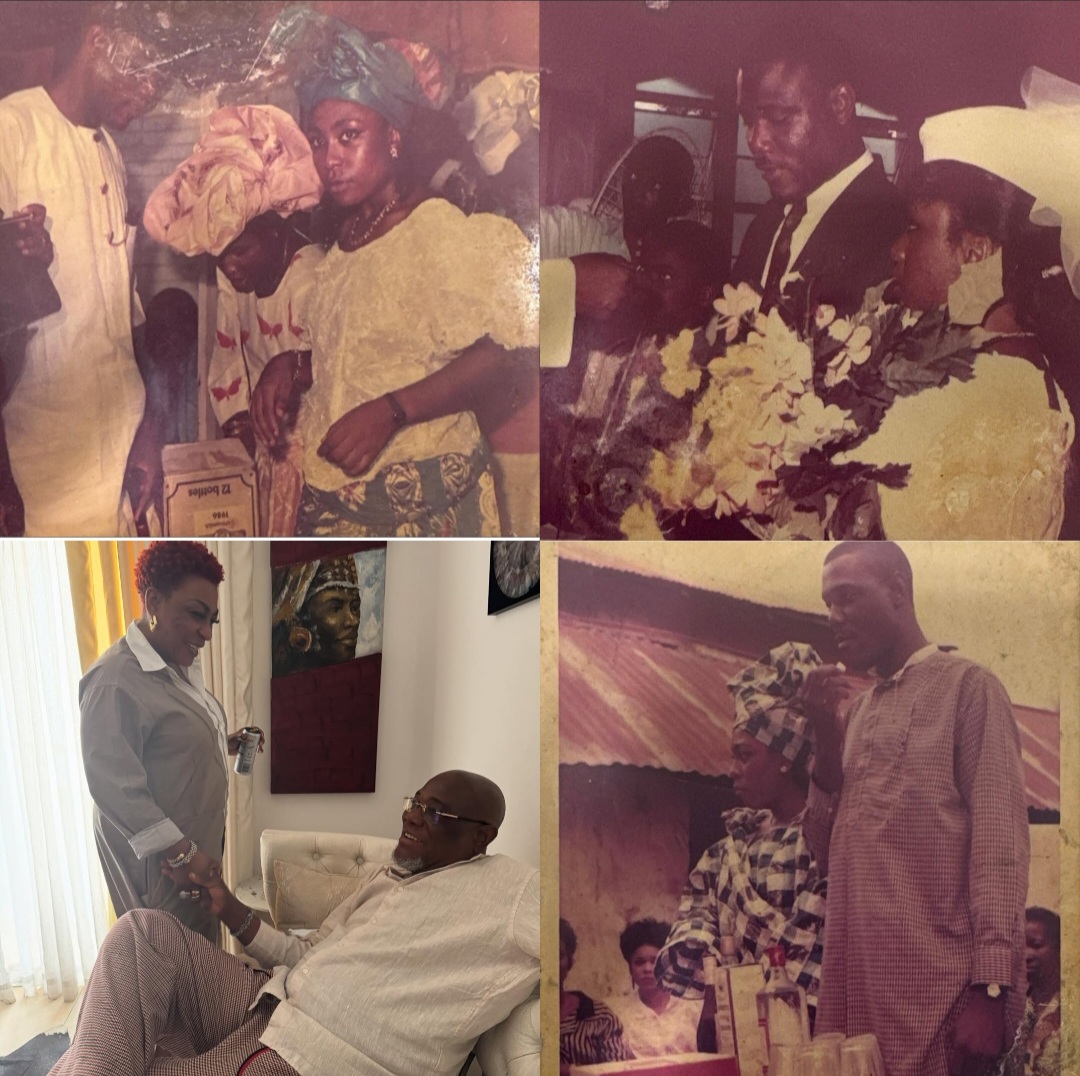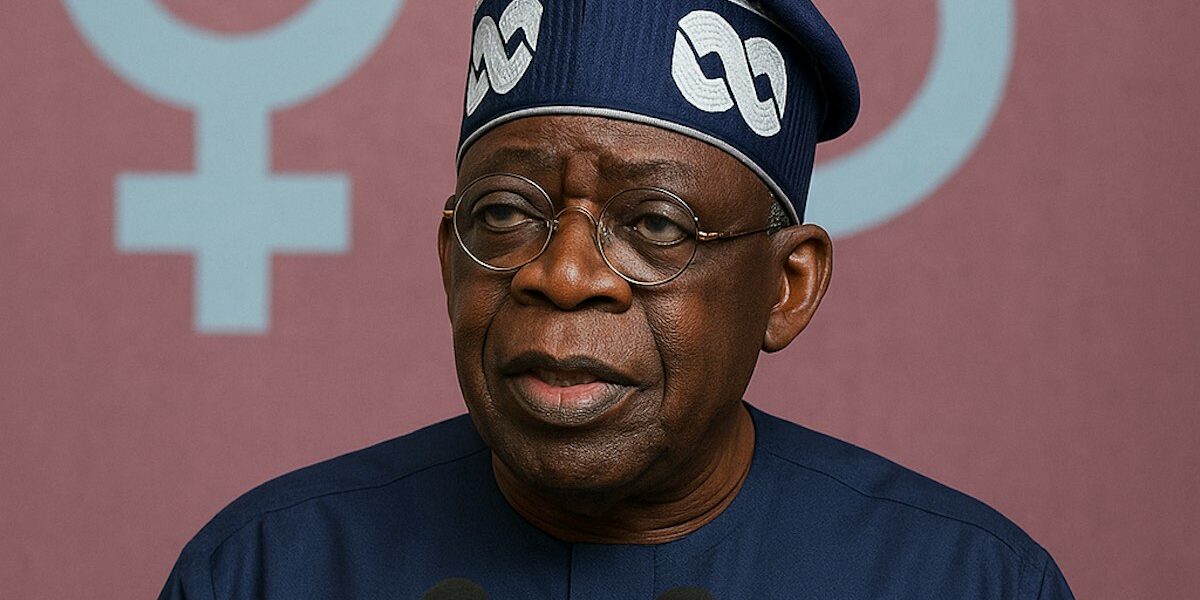Just some hours ago, many anxious Nigerians woke up to hear the news that the planned nationwide strike by the Nigeria Labour Congress, NLC has been put on hold. For some it should have taken place, why many are still skeptical about its ability to yield the right result.
Historically, nationwide strikes by the Nigeria Labour Congress appeared to have ended leaving more questions than answers the reason many of us felt that it would have been an exercise in futility to start another round of strikes or, say hardship and more suffering to Nigerians in the name of strike.
Over time we have seen that the Nigerian state appears to be a place where the government or those in decision-making always win, regardless of what the populace tries to do.
The negative economic impact the strikes could have added to the already worsening economy is not something anyone would wish for, even his enemy. They disruption of businesses and decrease productivity, which often leads to financial losses for both employers and employees. Thereby exacerbate economic challenges, particularly for those who are already struggling to put food on their table.
I am particularly angered at the rate of wanton disruption of essential services like healthcare, transportation, and public utilities in the name of a strike that may just be in the interest of the few who would eventually smile to the bank after the strike.
In case you have forgotten, the inconvenience, hardship, and loss of lives occasioned by the so called “Occupy Nigeria” strike against fuel subsidy removal some years back are still fresh in memory.
We are already crying of more than 300% inflation in prices of goods and services within the last four years, skyrocketing cost of living, and dollar to naira exchange rate increasing at a geometric progression. You need no one to tell you that any strike action at this time will lead to a halt in production or services, disrupt the supply chain, causing shortages and potentially higher prices for essential goods and services.
Funny enough, Nigeria is a country where leaders pray for investor confidence. Nigerian politicians have abysmally failed in building investors' confidence so they just pray for it. And not minding their sinful prayer, some of us are still investing in it hoping that something will change. So the last thing we want to see at this time is a prolonged industrial crisis, which will further erode investor confidence in a country already crawling on its knees.
Then should we just fold our hands and watch the government lead us astray? That is definitely not my line of thought. I guess we are living in a society where many no longer talk about economic growth even the government; even if they do they do that on paper without any practical ideas.
What we should do in this country is to always think of electing good leaders at all levels. This is non- negotiable, so we can stop generating our own economic growth, and create jobs for ourselves; at least that is what the vast majority are already doing.
We can always predict how those in authority respond to this kind of strike. The pattern is always the same over the years. Apart from being detrimental to the interests of the citizens in an attempt to resolve the situation, they use force in many scenarios to quench protest, which has always yielded unintended consequences.
Potential escalation of the real intention of the Strikes by uniformed youths and criminal elements on the streets in the name of demonstrations is an aspect of civil unrest that most of us still fear, till tomorrow because of our past experiences.
While the strikes could have drawn attention and made the government scramble to its feet temporally, it is often difficult to find mutually agreeable long-term solutions to the issue of fuel subsidy in Nigeria, as long as our economy remains at the "needy level" that it is today where we have to depend on import for almost everything we need, the reason increasing dollar rate can never be tamed
So our labour unions and other interest groups in Nigeria should start thinking of another way of engaging the never-do-well crop of politicians at the helm of affairs rather than strike.

News

.jpg)








